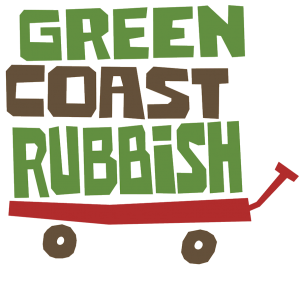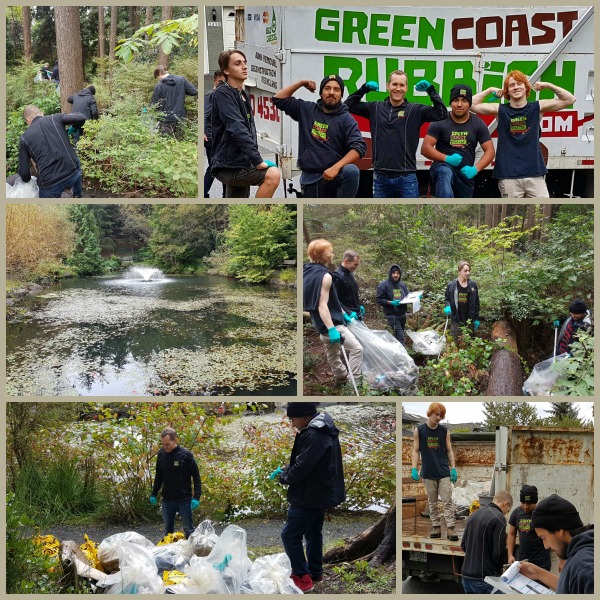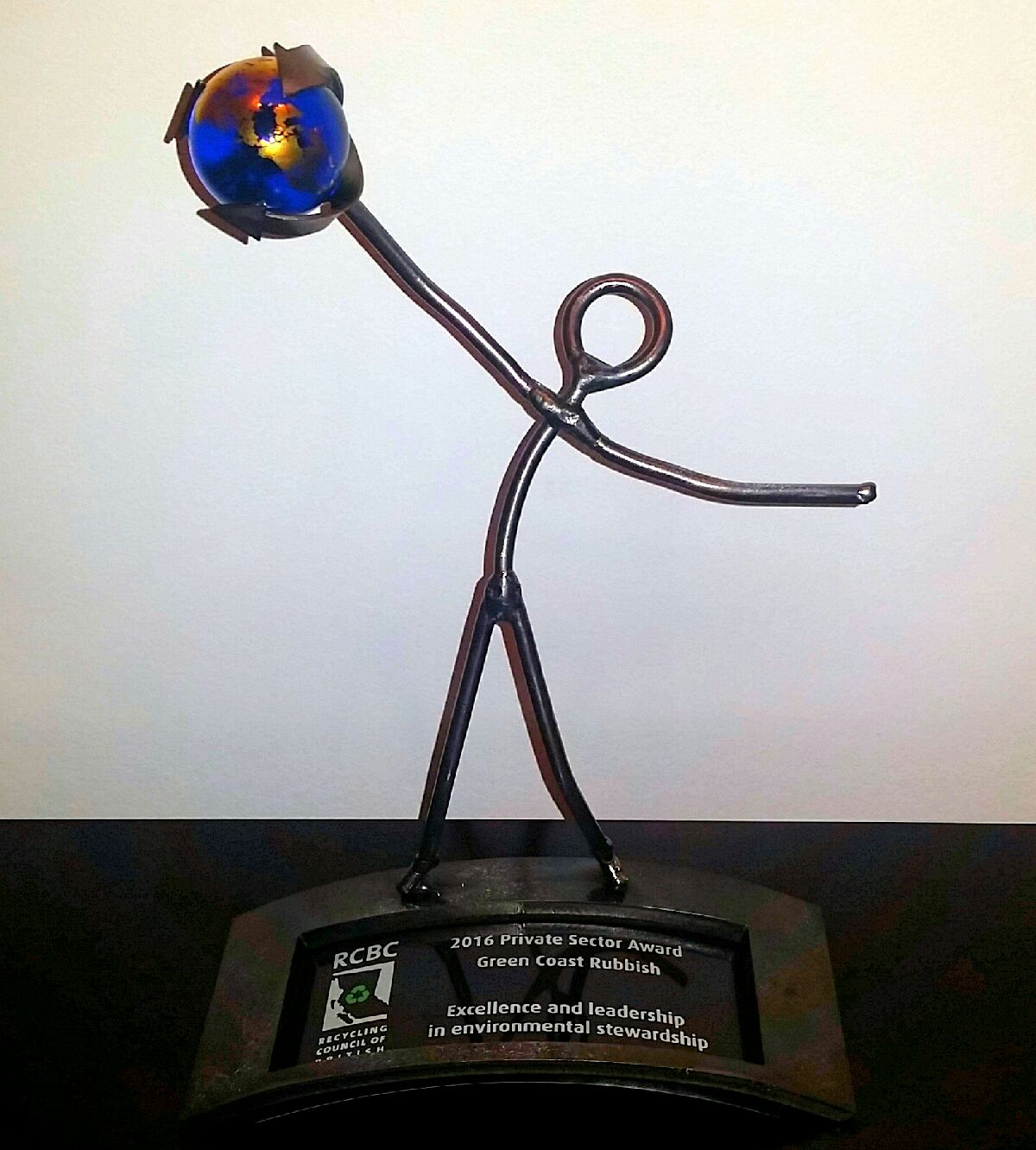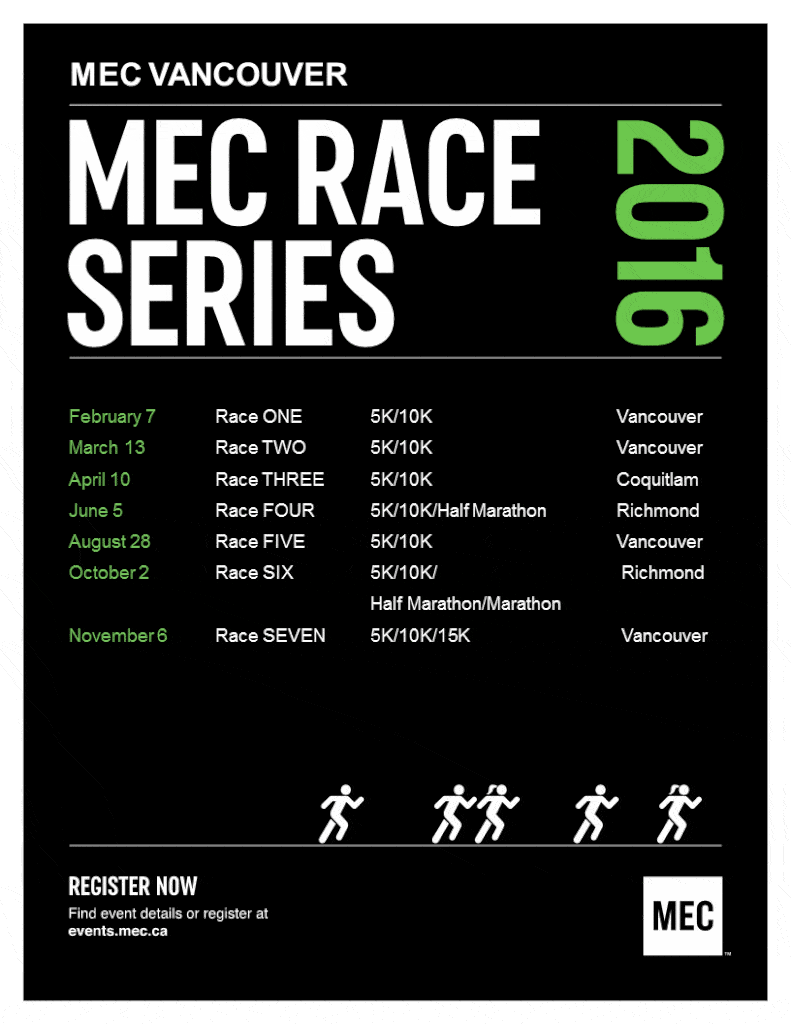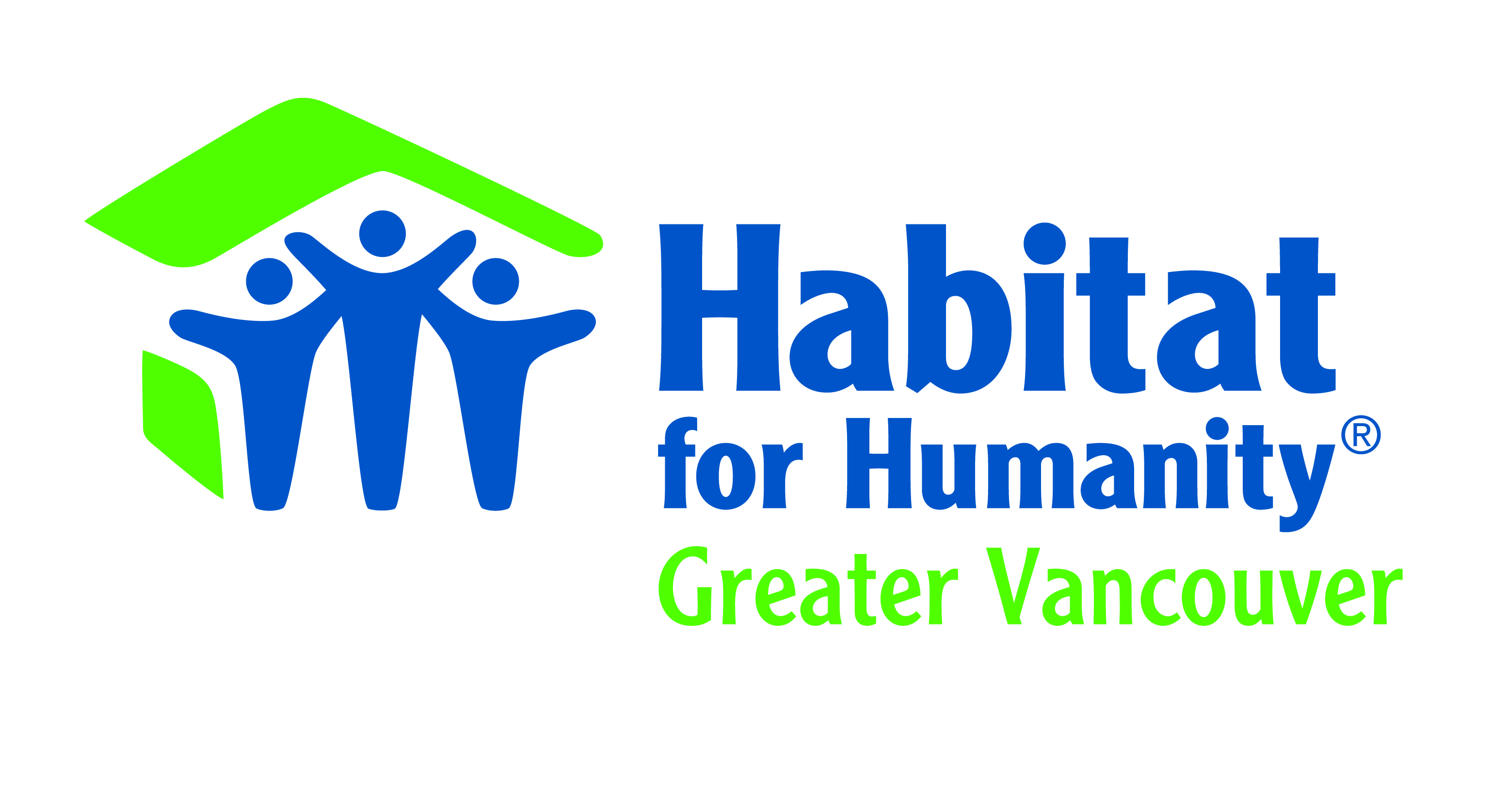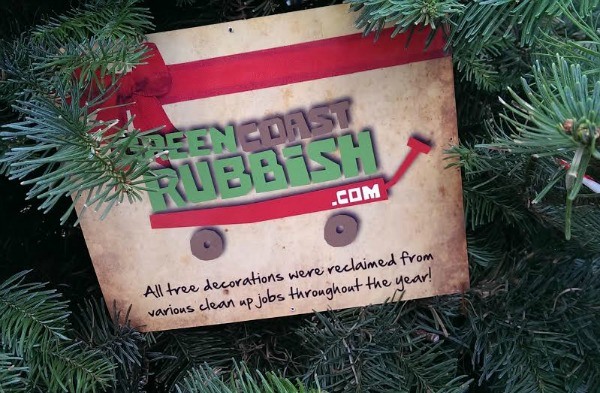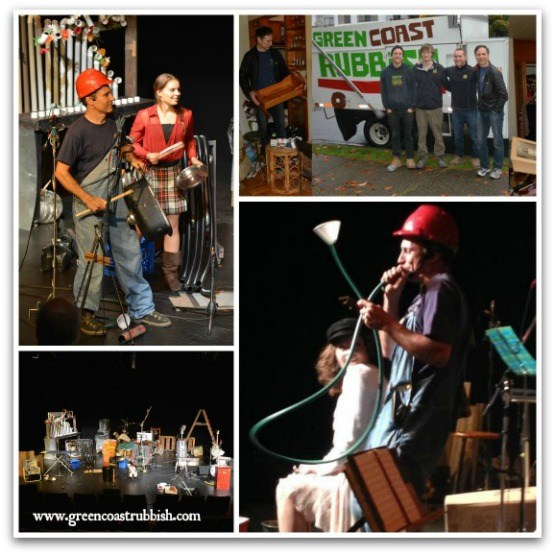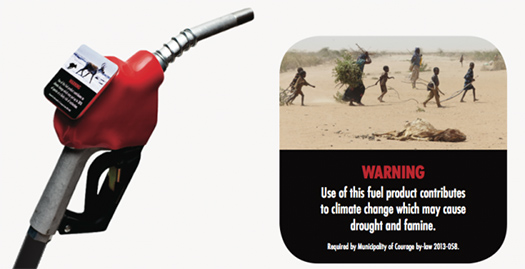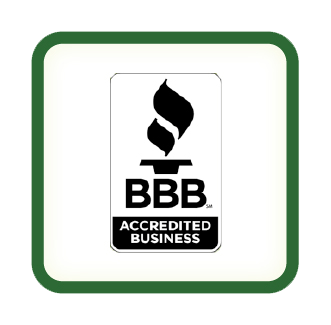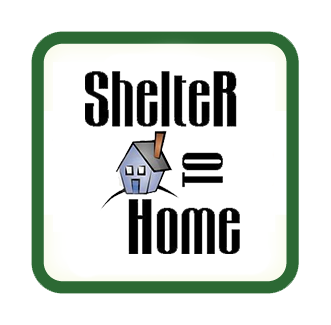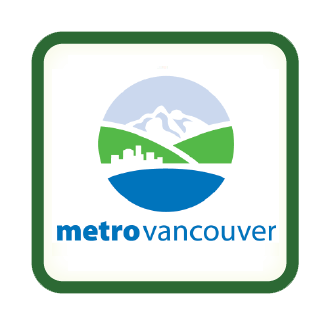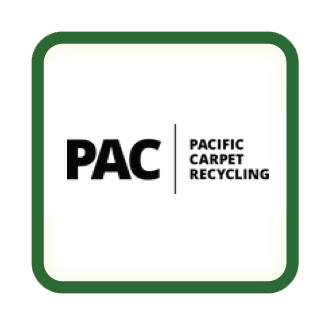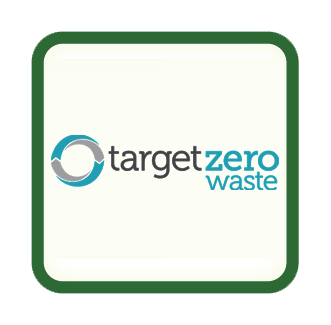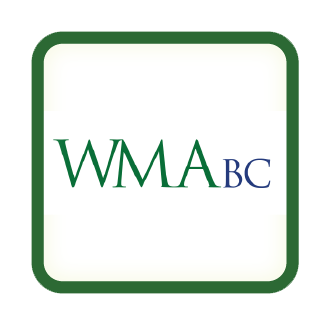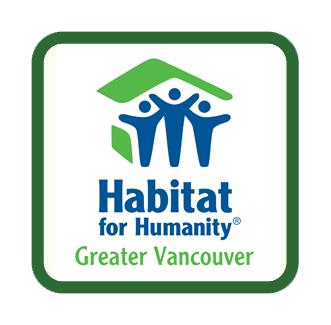Green Coast Rubbish Wins 2016 RCBC Environmental Award
/in Awards, community, Uncategorized/by Green Coast RubbishMy Funny Valentine Recycling No No’s
/in community, composting, Electronics Recycling, Organic Waste, Recycling/by Green Coast Rubbish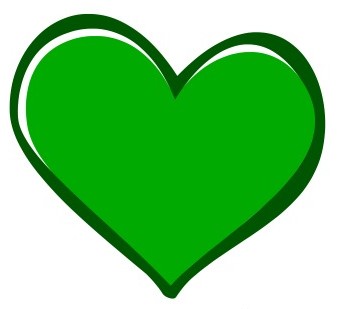 If you are in a relationship or just want to pamper a loved one, February 14 is the day to make your funny Valentine smile with their heart. No matter what you do or where you go for Valentine’s Day, you can make it special while keeping it green by remembering a few recycling no nos.
If you are in a relationship or just want to pamper a loved one, February 14 is the day to make your funny Valentine smile with their heart. No matter what you do or where you go for Valentine’s Day, you can make it special while keeping it green by remembering a few recycling no nos.
What to do: Treat your loved one to a selection of hand dipped chocolate covered strawberries.
Recycling no no: Don’t forget to compost any leftovers and the strawberry stems.
Where to go: Take her out for a surprise Valentine’s overnight getaway at a fancy hotel or resort.
Recycling no no: Skip the hotel water bottles and drink out of the tap.
What to do: Plan and cook your sweetheart a romantic meal.
Recycling no no: Food scraps don’t go in the garbage. All organics should be composted or recycled in your yard or garden bin.
What to do: Set a romantic mood with music, candles and a glass of wine.
Recycling no no: Cork the bottle if you don’t finish drinking all the wine and save it for another day. Don’t toss the bottles; these can be returned for change at your local Return It Depot.
Where to go: If cooking isn’t your thing, do book a reservation at her favourite restaurant.
Recycling no no: Don’t leave your doggie bag in the car when you get home. That’s a total waste of good breakfast food not to mention the unnecessary use of packaging.
What to do: If your sweetie specifically asks for a new Kobo or smart watch for Valentine’s Day, then knock yourself out but skip the coffee bean grinder unless you want to see her grinding her teeth.
Recycling no no: Unless you’ve been hiding under a rock, you’ll know that all electronics may be dropped off at an appropriate facility for recycling.
What to do: Flowers will melt your loved one’s heart – roses, mixed bouquets or potted orchids may be just the ticket.
Recycling no no: Skip the dyed blue roses and remember to compost the wilted remnants in a week or two.
What to do: Remember! Valentine’s Day is February 14.
Recycling no no: Mark it on your calendar or you’ll be recycling excuses for years to come.
Give the Gift of Christmas to a Child: Metro Vancouver Christmas Toy Drives
/in community/by Green Coast Rubbish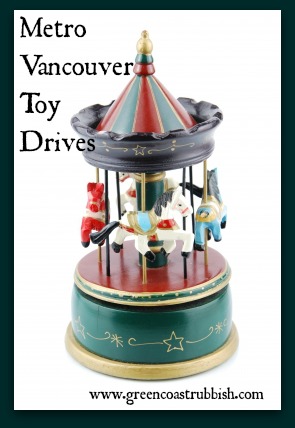 No child should miss out on the joy of Christmas because their family is struggling financially or otherwise. These kids deserve to have their dreams come true; they need compassion and support. You can give the gift of Christmas to a child by donating a new toy, cash or even baby supplies to one of several Metro Vancouver Christmas toy drives. Here’s how:
No child should miss out on the joy of Christmas because their family is struggling financially or otherwise. These kids deserve to have their dreams come true; they need compassion and support. You can give the gift of Christmas to a child by donating a new toy, cash or even baby supplies to one of several Metro Vancouver Christmas toy drives. Here’s how:
– Salvation Army Toy Mountain – Drop off a donation of cash or a new unwrapped toy at Toy Mountain in Guildford Mall on December 11 and 12. If you aren’t in the Surrey area, you can also donate by cash or cheque at any Salvation Army church or facility in Metro Vancouver.
– Victor Ghirra Toy Drive – New unwrapped toys are being collected until December 13 by the Victor Ghirra Toy Drive. Donations can be dropped off at any Lower Mainland Cooperators Insurance location, select VanCity branches or Riverside Banquet Hall in Richmond.
Basics for Babies
The Basics for Babies Fundraising Day is coming up on December 14 at the Langley Events Centre. Donations of cash, diapers, formula, baby food, baby cereal, baby wipes, baby shampoo, diaper cream and pacifiers are needed. Donations of cash and baby supplies are also accepted at your local Metro Vancouver food bank.
Lynn Valley Legion 4th Annual Toy Drive
Bring an unwrapped toy to the Lynn Valley Legion until December 15. There will also be a cash collection on December 14 and 15 during the meat draw and bingo. The toys for this Metro Vancouver Christmas toy drive will be donated to the North Vancouver Salvation Army on December 16.
Family Services of the North Shore Christmas Bureau
Gifts for tweens and teens are the most needed items at the North Shore Christmas Bureau. Gift ideas include accessories, movie passes, gift certificates, sports equipment, electronics, make-up, bath products and art supplies. Donations of unwrapped toys for children of all ages are collected until December 22.
BC Children’s Hospital Foundation Christmas Toy Donations
Bring an unwrapped toy to Volunteer Resources at BC Children’s Hospital by December 15 or make an online donation to bring some Christmas joy to a patient and their siblings. Stuffed animals are not accepted.
West Coast Express Santa Train
Ride the West Coast Express Santa Train to Vancouver for free on December 13 in exchange for your donation of a new, unwrapped toy for your local Christmas bureau. The Santa train departs from Mission at 10 am with stops at all the WCE stations along the way. Enjoy a shopping day followed by a visit with Santa and a return trip back home at 4 pm.
SHARE Family and Community Services Toy Drive
Donate an unwrapped new toy at the SHARE Christmas Tree at Coquitlam Centre until December 24. Drop off is also available at the SHARE Food Bank, SHARE’d Treasures Thrift Store or at SHARE Family and Community Services in Coquitlam.
Lower Mainland Christmas Bureau
Donations of unwrapped new toys to the Lower Mainland Christmas Bureau can be made at Oakridge Mall and many Vancouver Firehalls until December 24 although fundraising continues year-round! The Lower Mainland Christmas bureau collects and distributes toys to 12 Metro Vancouver Christmas bureaus.
Empty Stocking Fun
The Province Empty Stocking Fund raises money and works with the United Way to support disadvantaged families and children at Christmas. Donations are accepted online, by mail, by phone or in person at The Province promotions desk or at participating HSBC and Scotiabank branches until December 31.
Food Bank
Foodbank donations are always needed, especially during the holidays. You can make a big difference in the lives of local families and their children with your donation of cash or food items which are often used for Christmas hamper programs during the holiday season.
There is no gift like giving at Christmas. Let the magic begin…
*Toy carousel image courtesy of artur84 at FreeDigitalPhotos.net
Our Horizon – Green Information at the Gas Pump
/in community/by Green Coast RubbishIt’s always inspiring to encounter passionate people who are trying to make a difference to the environment. It’s all the more impressive when they are setting an example at a young age.
Recently Emily Kelsall, a 16-year-old West Vancouver resident contacted us about a non-profit campaign she believes in called Our Horizon. This project is actively working toward changing the way that government and the general public think about fuel consumption by placing information graphics on fuel pumps. Similar to warning labels on cigarettes, they believe that adding this visual reminder to gas nozzles will help prompt consumers to be more mindful about the long term effects of fossil fuels on climate change.
Rob Shirkey, a former lawyer and the founder of the project, delivers an excellent TED talk on why this simple idea could have a lasting impact on the public. By inspiring individuals who care about the environment, Our Horizon also encourages people to speak to their local municipal officials to help make bigger changes in their communities and across the country. In the Lower Mainland, Emily has gotten a lot of support and media coverage. She has been featured in the Globe & Mail, and on Global TV, and the list of companies and individuals who endorse this idea keeps growing.
At Green Coast Rubbish, we regularly see how small changes in behavior can add up over time. Sometimes it can just take a little reminder to jog our brains into making better greener choices. We wish all the success to Emily and the Our Horizon project in getting these information labels at gas stations in Metro Vancouver in the near future!
Disposal Ban of Organics in Metro Vancouver
/in Commercial Rubbish Removal and Recycling, community, composting, Organic Waste/by Green Coast RubbishVancouver continues to move toward its goal of becoming the Greenest City by 2020. By imagining solutions and opportunities that can help residents and businesses to more effectively deal with household waste, they get closer every year. It’s estimated that nearly 35-40% of everything that we throw away is food waste; if diverted into a composting system, this adds up to a substantial amount kept out of our landfills. Which is why, starting in 2015, Metro Vancouver will be instating a ban on disposing organics and food waste into regular garbage bins.

There are huge community and environmental benefits to composting. As the food waste breaks down through natural processes, it can create valuable fertilizers that can help to enrich the soil with potassium, nitrogen, and phosphorus. It reduces overall greenhouse gas emissions and lengthens the life of our existing landfills, saving valuable space and local resources.
For some eye-opening stats on the amount of organic waste produced every day, as well for solutions on how to responsibly dispose of compastable waste visit our past blog Getting Serious About Organic Waste Reduction. If you are interested to learn more about the process that your organic waste goes through when it is processed you can check-out Part 2 of our Organic Waste Reduction blog.
Some things that can go into the compost bin:
- Fruit & vegetable scraps
- Eggshells, dairy
- Meat & fish bones
- Teabags
- Coffee filters & grounds
- Breads, pasta, rice
- Food soiled paper products (pizza boxes, napkins, cardboard egg cartons)
- Grass, leaves, weeds, plants
- Cooked food & grease
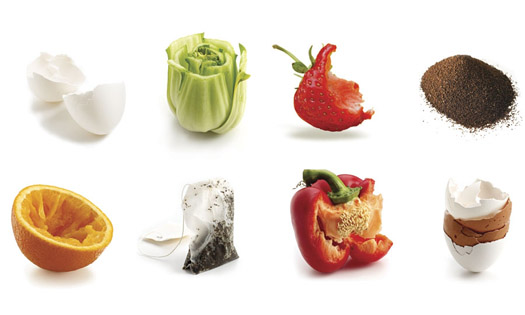
Some prohibited items:
- Any type of plastic (including compostable/biodegradable plastic bags)
- Rocks, soil
- Diapers
- Animal waste
- Wood products & lumber
- Branches bigger than 10 cm (4″) in diameter, and more than 0.5m (1.6ft) in length
These developments are very much in-line with the ideology of Green Coast Rubbish. We’ve seen the evidence firsthand of how much these compostable items can add up – in 2013 alone, we diverted 30.39 tonnes of organic material! By actively working together toward creating composting solutions with Metro Vancouver, we can all contribute to the success of this important program in our communities.
For more information about composting and the upcoming ban on organics, check out the Metro Vancouver website, and the City of Vancouver’s Green Bin Program.
